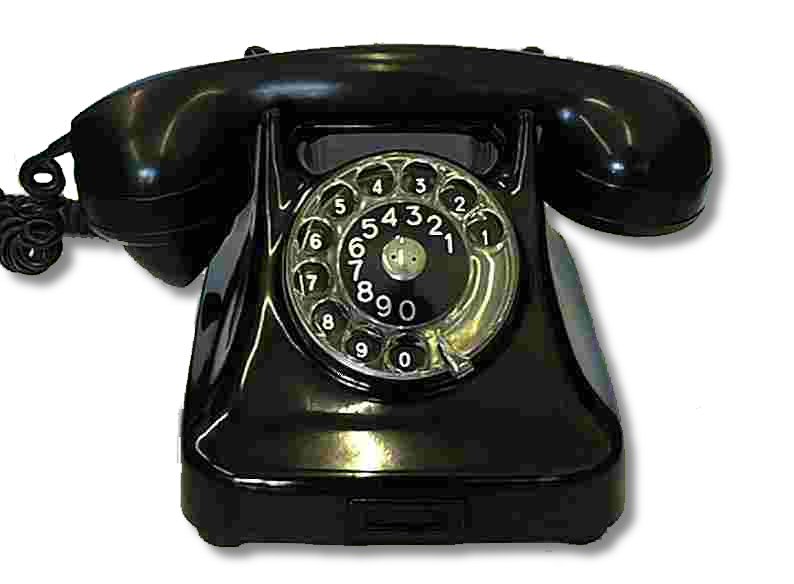
In a global market, a professional telephone interpreter is essential for conducting international business. Telephonic interpreters are also proficient in using emerging communication technologies, such as Skype and WebEx. Every organization needs a trained telephone interpreter to make the most of their global outreach efforts.
When international companies bring telephone interpreters to their business-to-business conference calls, they can feel confident that their message is getting through.
Consider Your Audience
When you?re considering a telephone interpreter for your business-to-business communications, you?ll first want to think of your audience. Who will you be talking to, and what will they expect to hear from you? How can you make the best impression?
Of course, you will want to select an interpreter who speaks the language and dialect of the people on the other end of the line. But also consider the level of clarity, accuracy and professionalism that a telephonic interpreter will bring to the dialogue. Will you be comfortable with this person presenting your company?s message in another language?
It?s also important to consider the content matter of the teleconference itself. If potential clients are expecting to discuss highly technical topics, for example, you?ll need an interpreter who has a deep knowledge of your industry?s jargon.
Remember Your Etiquette
In many cases, using a telephone interpreter during conference calls is almost a matter of course. If your business is based in an English-speaking country and you need to conduct a conference call with an investor group that only speaks Mandarin, your shareholders will expect an interpreter to be present.
Still, you should be sure to introduce the interpreter at the beginning of the call so that there isn?t any confusion when that interpreter starts speaking. This will keep individuals on the other end of the line aware of the fact that they may have to modify their pace or manner of speaking in order to allow the interpreter to work. The interpreter should also have a knowledge of the protocol of the country receiving the call, so as to avoid any misinterpretations.
Seek Professional Telephone Interpreters
Many companies expanding their reach into diverse markets may find that their workforce has expanded and diversified as well, and might be tempted to press these new international employees into service as in-house interpreters.
But these employees, highly qualified though they might be, are not professional interpreters, and may have difficulty conveying the content of the call itself. Precious information may be missed by one or more parties. It is vital for the continued well-being of your company that only professional, certified interpreters are used.
Global technology changes at a dazzling rate, and telecommunications has led the charge. Business-to-business communication doesn?t always happen over the telephone, but you?ll still need a top-notch telephonic interpreter to make sure your organization isn?t left out of the conversation.
Source: http://www.alsintl.com/blog/interpreters-telephone-conferences/
Candy Crowley binders of women Alexis Wright presidential debates Felix Baumgartner Little Nemo gawker
No comments:
Post a Comment
Note: Only a member of this blog may post a comment.